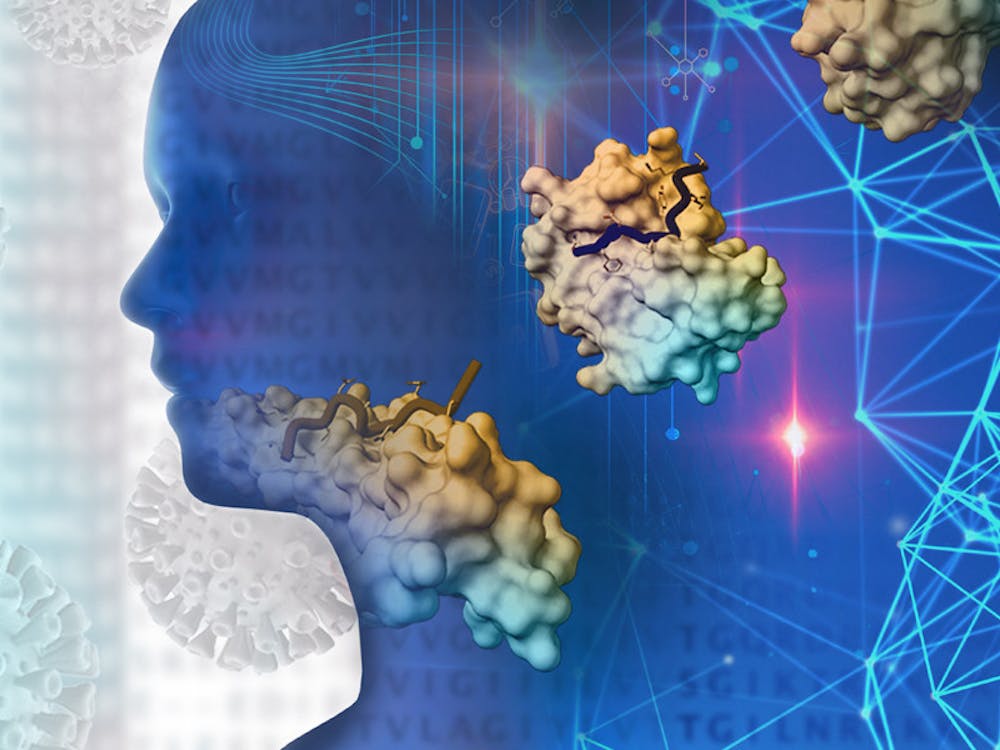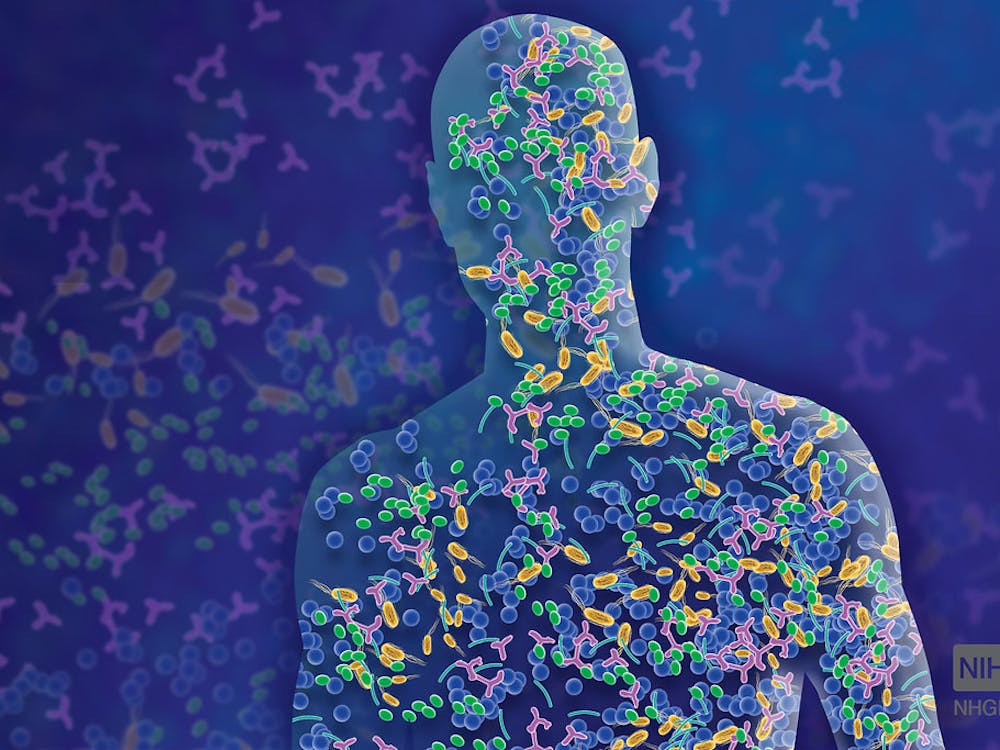Health-food expert or not, you are probably aware that eating broccoli is pretty good for you. A recent study has found yet another reason to like broccoli: a chemical in it may have a beneficial effect on autism. This chemical could become a part of treating autism in the future.
Broccoli sprouts are not new to the health food scene. Some individuals recognized their benefits as early as the 1970s, but they became more commonly known in 1992 when Hopkins scientists discovered that when broccoli is chewed it releases the phytochemical glucoraphanin. Glucoraphanin can be used in combatting cancer. Five years later in 1997, Paul Talalay, a Hopkins professor of pharmacology and molecular sciences, found that the amount of glucoraphanin in broccoli sprouts is at a minimum 20 times greater than that in fully-grown broccoli. This finding caused many individuals around the world to seek out broccoli sprouts due to their beneficial properties, and even lead to a temporary worldwide shortage of broccoli seeds. This widespread enthusiasm over the beneficial chemicals in vegetables has not since diminished: there are currently over 700 research studies on the health effects of cruciferous vegetables and the sulforaphane they contain.
A major reason why broccoli has such a positive impact on the human body is the presence of the chemical sulforaphane. This chemical is found exclusively in plants, specifically in cruciferous vegetables, which are vegetables in the family Brassicaceae, such as brussels sprouts, cabbage, cauliflower, and kale. Sulforaphane is especially prevalent in broccoli sprouts, which are broccoli plants that are three to four days old. The sprouts do not taste quite like broccoli, and instead taste like radishes due to the presence of a phytochemical that enables cells to combat disease in the body.
So, why exactly is sulforaphane so beneficial? When cells in the body use oxygen, negative byproducts are created, and when these byproducts accumulate they can affect DNA and cause diseases such as cancer. Sulforaphane can help cells protect themselves against these byproducts by strengthening the body’s response to the negative consequences of these byproducts. Sulforaphane also helps in heat-shock response, meaning that it protects cells from damage that might otherwise be incurred by high fevers.
A joint study by the Hopkins School of Medicine and MassGeneral Hospital for Children has found that daily consumption of sulforaphane improved many aspects of autism spectrum disorders and may be integral in treating autism in the future. The study participants were 40 teenage boys and young men, ages 13 to 27, with moderate to severe autism. 26 of the participants received a placebo and fourteen received nine to 27 milligrams of sulforaphane every day. Behavior was observed by health care providers before the study, four, ten, and eighteen weeks into the study, and four weeks after the study had concluded. Three different standard behavioral assessments were used: the Aberrant Behavior Checklist (ABC), the Social Responsiveness Scale (SRS) and the Clinical Global Impressions-Improvement scale (CGI-I).
Individuals in the sulforaphane group experienced improved communication and social interaction, as well as fewer of the repetitive behaviors and routines that are often seen in autism spectrum disorders, such as hand flapping and rocking. The majority of the members of this group experienced benefits from sulforaphane after four weeks, and they improved as time went on. Individuals in this group had average ABC and SRS scores that decreased 34 percent and 17 percent, and according to the CGI-I scale, over 40 percent were interacting more positively with others, had more limited repetitive behaviors and showed more skill in communication.
After participants stopped consuming sulfurophane, its beneficial effect also stopped. However, its effects on autism could lead to new treatments for this diseases.






















Please note All comments are eligible for publication in The News-Letter.